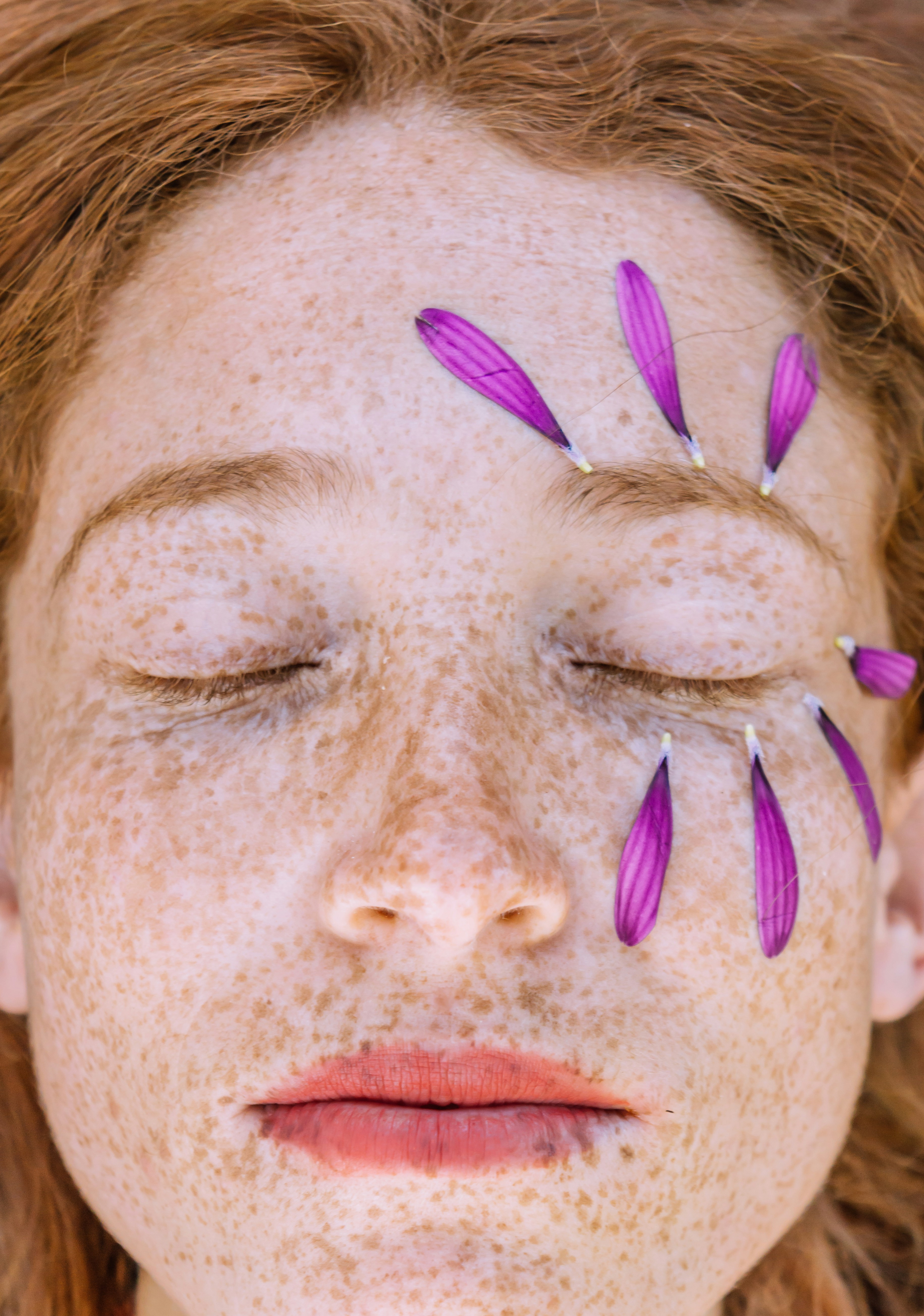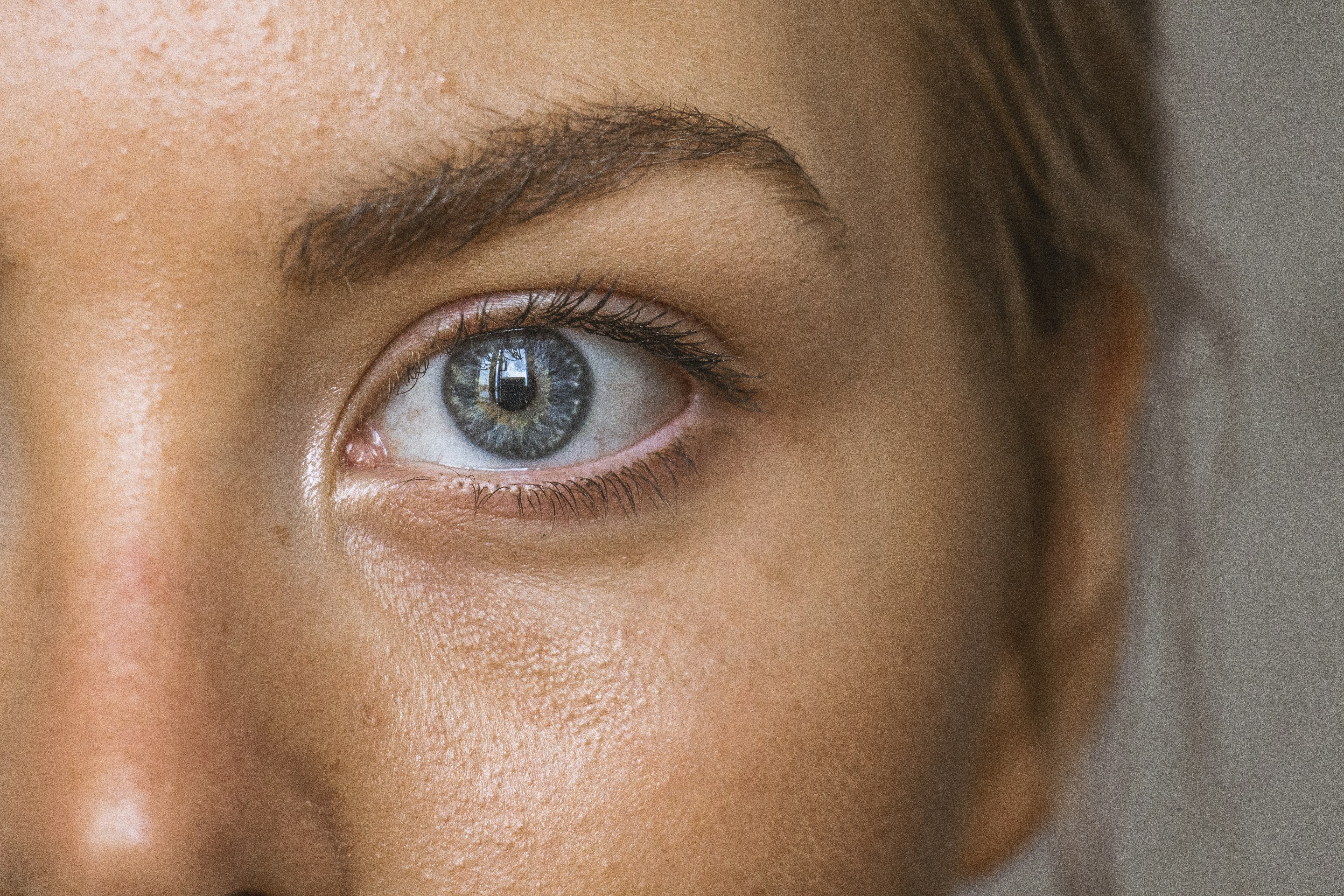Views: 1
Understanding the Causes of Acne Breakouts: Have you ever wondered why those pesky pimples seem to pop up at the most inconvenient times? Well, look no further! In this article, we will explore the various factors that contribute to acne breakouts. From hormonal imbalances to excessive oil production, we’ll uncover the secrets behind those unwanted blemishes. So, get ready to bid farewell to acne woes and say hello to clear, radiant skin. Let’s dive right in!
Hormonal Imbalances in Acne Breakouts
Increased sebum production
Hormonal imbalances can have a significant impact on your skin’s health, particularly when it comes to acne breakouts. One of the main ways hormones affect your skin is by increasing sebum production. Sebum is an oily substance produced by the sebaceous glands, and it plays a crucial role in keeping your skin hydrated. However, when there is an excess of sebum, it can clog your pores and lead to the formation of acne.
Androgens
Androgens, which are male hormones found in both males and females, can also contribute to acne breakouts. Increased levels of androgens can stimulate the sebaceous glands, leading to excess sebum production. This hormonal imbalance can result in oily skin and clogged pores, creating an environment for acne-causing bacteria to thrive.
Menstrual cycle
For many women, the menstrual cycle can be a trigger for acne breakouts. During certain phases of the cycle, hormone levels fluctuate, particularly estrogen and progesterone. These fluctuations can influence sebum production and lead to the development of acne. It’s not uncommon for women to experience more significant breakouts in the week before their period due to these hormonal changes.
Genetic Factors
Family history
Genetics can also play a role in acne breakouts. If your parents or siblings have a history of acne, there is a higher chance that you may also experience similar skin issues. This suggests that genetic factors can influence how your skin responds to hormonal changes, inflammation, and bacteria, ultimately affecting your acne-prone tendencies.
Inherited traits
Aside from family history, specific inherited traits can make certain individuals more susceptible to acne breakouts. These traits may include overactive sebaceous glands, increased sensitivity to hormonal fluctuations, or a heightened inflammatory response. While it’s not something you can change, understanding your genetic predisposition to acne can help you manage it more effectively.

Skin Care Products and Cosmetics
Comedogenic ingredients
The skincare products and cosmetics you use can impact the health of your skin, including the likelihood of acne breakouts. Some products contain comedogenic ingredients, which have the potential to clog your pores and contribute to acne formation. It’s essential to read the ingredient labels and choose non-comedogenic products that are specifically designed not to clog your pores.
Occlusive cosmetics
Heavy and occlusive cosmetics can also contribute to acne breakouts. These products create a barrier on the skin, trapping sweat and sebum, which can lead to clogged pores and the development of acne. Opt for lightweight and oil-free cosmetics that allow your skin to breathe and prevent the accumulation of excess oils.
Excessive use of topical products
While skincare products are essential for maintaining healthy skin, excessive use can have adverse effects. Overusing certain topical products, such as harsh cleansers or exfoliants, can disrupt the natural balance of your skin. This disruption can lead to excessive sebum production and irritation, ultimately worsening acne breakouts. It’s important to use skincare products in moderation and consult with a dermatologist if you have any concerns.
Dietary Factors
High glycemic index foods
Your diet can have a significant impact on your skin’s health, including the frequency and severity of acne breakouts. Consuming high glycemic index foods, such as refined carbohydrates and sugary snacks, can lead to spikes in your blood sugar levels. These spikes can trigger an increase in insulin production, which may result in increased sebum production and inflammation – key factors in the development of acne.
Dairy products
Dairy products, particularly milk and whey protein, have been linked to an increased risk of acne breakouts. The hormones naturally present in milk can influence your hormone levels, leading to imbalances that can contribute to acne formation. If you suspect that dairy products may be exacerbating your acne, consider reducing your intake or opting for dairy alternatives.
Sugar and processed foods
Sugar and processed foods can also contribute to acne breakouts. These foods are typically high in unhealthy fats, refined sugars, and artificial additives, which can disrupt the balance of your skin and promote inflammation. Switching to a balanced diet rich in fresh fruits, vegetables, whole grains, and lean proteins can help reduce the likelihood of acne breakouts.
Greasy and fried foods
While it’s a common belief that consuming greasy and fried foods directly causes acne, the relationship is more complex. While these foods don’t directly cause acne, they can worsen existing acne by increasing inflammation in the body. It’s best to consume these foods in moderation and focus on a balanced diet to maintain overall skin health.

Stress and Lifestyle
Stress hormones
Stress can have numerous negative effects on the body, and your skin is no exception. When you experience stress, your body releases stress hormones such as cortisol, which can influence sebum production and trigger inflammation. These hormonal changes can contribute to the development or worsening of acne breakouts. Finding healthy ways to manage stress, such as exercise, meditation, or hobbies, can help reduce the impact on your skin.
Lack of sleep
A lack of sleep can wreak havoc on your overall health, including your skin. When you don’t get enough sleep, your body produces more stress hormones, which in turn can affect the health of your skin. Additionally, inadequate sleep can weaken your immune system, making it harder for your body to fight off acne-causing bacteria. Aim for a consistent sleep schedule and prioritize getting enough quality sleep each night.
Smoking
Smoking not only poses numerous health risks but can also contribute to acne breakouts. The chemicals in tobacco smoke can cause inflammation and impair your skin’s ability to heal. Smoking can also reduce collagen production, leading to premature aging and potential worsening of acne scars. Quitting smoking or avoiding exposure to secondhand smoke can have significant benefits for your overall skin health.
Excessive sweating
While exercise is generally beneficial for your skin, excessive sweating can irritate your skin and potentially worsen acne breakouts. Sweat can mix with oils and bacteria on your skin, leading to clogged pores and inflammation. To minimize the impact of sweat on your skin, be sure to cleanse thoroughly after sweating, wearing breathable fabrics, and avoiding excessive heat and humidity when possible.
Environmental Factors
Air pollution
Living in areas with high levels of air pollution can also contribute to acne breakouts. Airborne pollutants, such as particulate matter and toxins, can settle on your skin and clog your pores. Additionally, pollutants can lead to inflammation and oxidative stress, further aggravating acne-prone skin. Regularly cleansing your skin and using products with antioxidants can help minimize the impact of air pollution on your skin.
Humidity
Humidity levels can significantly affect your skin’s health, particularly if you have acne-prone skin. High humidity can increase sweat production and make it more challenging for your skin to breathe and regulate oil production. This can lead to clogged pores and acne breakouts. On the other hand, very low humidity can dry out your skin, causing it to produce more oil to compensate, potentially leading to acne as well. Finding a balance and using appropriate skincare products for your specific needs can help mitigate the effects of humidity on your skin.
Climate
Different climates can also impact your skin’s health and contribute to acne breakouts. In hot and humid climates, as mentioned earlier, excess sweat production and clogged pores are more likely to occur. In contrast, cold and dry climates can cause your skin to become dehydrated and produce more oil, leading to potential acne breakouts. It’s important to adapt your skincare routine to the climate you’re in and use products that provide adequate hydration and protection for your skin.

Medications
Lithium
Certain medications can have side effects that include acne breakouts. One such medication is lithium, commonly used to treat bipolar disorder. Lithium can influence hormone levels and sebum production, potentially leading to the development of acne. If you’re taking lithium or any other medication, speak with your healthcare provider about potential side effects and ways to manage them.
Corticosteroids
Corticosteroids, whether in topical or oral form, can also contribute to acne breakouts. These medications, commonly used to reduce inflammation, can disrupt the balance of your skin and increase sebum production. The prolonged use of corticosteroids can be especially problematic. If you suspect that your medication is worsening your acne, consult with your healthcare provider for possible alternatives or additional treatments.
Anticonvulsants
Some anticonvulsant medications, like phenytoin and carbamazepine, have been associated with acne breakouts as well. These medications can disrupt the hormonal balance in your body, leading to increased sebum production and inflammation. If you’re taking anticonvulsants and notice a correlation between your medication and acne breakouts, discuss this with your healthcare provider to explore potential solutions.
Physical Factors
Friction and pressure
Friction and pressure on the skin can contribute to acne breakouts, particularly in areas where there is repeated rubbing or irritation. This can occur from wearing tight-fitting clothing, using abrasive materials for cleansing, or even holding objects against your skin for extended periods. Avoiding excessive pressure and ensuring proper ventilation and comfort can help prevent acne caused by physical factors.
Picking or squeezing acne
One of the most common mistakes people make when dealing with acne is picking or squeezing the blemishes. While it may be tempting to try and “pop” a pimple, doing so can introduce bacteria deeper into the skin, worsen inflammation, and lead to scarring. It’s crucial to resist the urge to pick or squeeze your acne and instead opt for gentle skincare practices and targeted treatments recommended by a dermatologist.
Occupational exposure to oils and chemicals
Certain occupations, such as those involving prolonged exposure to oils, chemicals, or other irritants, can increase the likelihood of acne breakouts. These substances can clog pores, irritate the skin, and disrupt its natural balance, leading to acne formation. If your work environment exposes you to such substances, consider implementing protective measures, such as wearing gloves or using barrier creams, to minimize the impact on your skin.
Hormonal Changes
Puberty
Puberty is a time of significant hormonal changes in your body, and it often coincides with the onset of acne breakouts. During this period, your hormone levels fluctuate, particularly androgens, which can stimulate the sebaceous glands and lead to increased sebum production. The resulting excess oil can clog your pores and contribute to acne formation. While puberty-related acne is temporary for most individuals, maintaining a consistent skincare routine and seeking professional advice if needed can help manage breakouts effectively.
Pregnancy
Pregnancy is another time when hormonal changes can impact the likelihood and severity of acne breakouts. Hormonal fluctuations during pregnancy can trigger excess sebum production and heightened sensitivity to bacteria, leading to acne formation. However, certain acne treatments may not be suitable during pregnancy, so it’s crucial to consult with your healthcare provider or dermatologist for safe and effective options.
Menopause
Menopause, the phase marking the end of a woman’s reproductive years, can also bring about hormonal changes that affect the skin. As estrogen levels decrease, the relative increase in androgens can lead to increased sebum production and acne breakouts. Moreover, menopausal skin tends to become drier and less elastic, which can accentuate the appearance of acne and other skin concerns. Adapting a skincare routine that addresses these specific challenges can help manage acne breakouts during menopause.
Bacterial Infection
Propionibacterium acnes
Propionibacterium acnes is a type of bacteria commonly found on the skin, including the sebaceous glands and hair follicles. While it is a normal part of the skin’s microbiome, an overgrowth of this bacterium can contribute to acne breakouts. When the pores become clogged with sebum and dead skin cells, it creates an ideal environment for Propionibacterium acnes to thrive, leading to inflammation and the formation of acne.
Inflamed pustules
Inflamed pustules, also known as pimples, are a common symptom of acne breakouts. These are typically characterized by redness, swelling, and the presence of pus. Inflamed pustules occur when bacteria, such as Propionibacterium acnes, infect clogged pores, triggering an immune response and resulting in the formation of a visible pustule. It’s important to avoid picking or squeezing these inflamed pustules, as it can worsen inflammation and potentially cause scarring.
Cystic acne
Cystic acne is a severe form of acne that occurs when pores become clogged deeper within the skin. This results in the formation of painful, large, and often inflamed cysts or nodules. Cystic acne is typically caused by a combination of factors, including hormonal imbalances, increased sebum production, and bacterial infection. Due to its severity, cystic acne often requires specialized medical treatment, including prescription medications or procedures performed by a dermatologist.
In conclusion, acne breakouts can be influenced by a variety of factors, each playing its part in the development and severity of acne. Understanding these causes, such as hormonal imbalances, genetic factors, skincare products, dietary choices, stress, environmental factors, medications, physical factors, hormonal changes, and bacterial infections, can help you better manage and prevent acne breakouts. By adopting healthy lifestyle habits, choosing suitable skincare products, and seeking professional advice when needed, you can work towards achieving clearer and healthier skin. Remember, patience and consistency are key when it comes to managing acne breakouts, so don’t be discouraged and continue to prioritize your skin’s well-being.

